American Secularism and “In God We Trust”
March 31, 2023
Since 1956, the American motto “In God We Trust” has been printed on all U.S. currency.
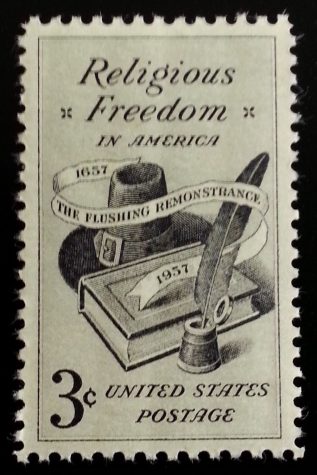 Originally introduced during the Civil War to unite the country as “one nation under God,” the phrase has been the subject of much political debate. In the 1950s, the popularity of this phrase skyrocketed as conservative leaders attempted to undermine Soviet Communist atheism. The government also added “Under God” to the Pledge of Allegiance and created a National Day of Prayer.
Originally introduced during the Civil War to unite the country as “one nation under God,” the phrase has been the subject of much political debate. In the 1950s, the popularity of this phrase skyrocketed as conservative leaders attempted to undermine Soviet Communist atheism. The government also added “Under God” to the Pledge of Allegiance and created a National Day of Prayer.
The use of religion by the government in America has long been a contentious topic. Religious conservatives have, for almost two centuries, strived to assert the country’s religious heritage. Within this group are those who simply want the government to acknowledge the nation’s dependence on God as the origin of our freedoms. Opposing citizens have expressed concern around the entanglement of Church and State. Most Americans probably fall somewhere in the middle, desiring a secular government that still respects America’s religious heritage.
Let’s note that the United States is not a strictly secular state like France, where the state follows läicité: a constitutional principle that controls and excludes religion. Rather, the Founders sought to establish a secular nation where the state would remain neutral in matters pertaining to religion, and laws would be based on secular or civic rationale, not religious perspective. Article Six of the U.S. Constitution protects the right of anyone, regardless of religion or no religion, to serve in the government, while the First Amendment adopted in 1971 prohibits the government from establishing religion.
Despite this, the Founding Fathers never intended for the U.S. Constitution to establish secularism as an ideology that excludes religion from public life. British Puritans founded America, and in their minds, religious discourse was extremely important to the public sphere. Therefore, the First Amendment outlawed the government from interfering with the free exercise of religion.
Under a government that could not lead a religion, or interfere with the practice of faith, America attempted to create a public square where people of all beliefs — and even of no belief — could participate. Religious groups and individuals have led most, if not all, significant social reform movements in America, embracing the country’s religious heritage to varying extents.
However, America is not exempt from religious conflicts. Various groups, such as Jews, Jehovah’s Witnesses, and Native Americans, have experienced discrimination throughout American history. In recent years, social issues such as LGBTQ+ rights, abortion, and racism have been subject to culture wars as opposing religious and secular views have clashed in politics, making it harder for people to find common ground.
Religious extremism stirs even more contention. Notably, former President Donald Trump has energized white evangelicals to rally into a political movement with the objective to recrown the old Moral Majority. On the other hand, more and more Americans are religiously unaffiliated or have liberal religious views. According to a Gallup poll spanning eight decades, church membership has dropped below fifty percent for the first time. As the number of people not affiliated with traditional religion grows, most being young and liberal, social justice has become a religion of its own. According to Helen Lewis — author, journalist, and staff writer at The Atlantic — “politics has usurped religion [and] borrowed its underlying concepts.”
America has long been a nation where opposing theologies and cultural beliefs clash and mingle. Today, rather than looking for common ground, extreme voices on both sides are blindly stirring a political war of pride and conviction. The future of religion in America is in question: whether the country’s secular framework will survive these culture wars remains to be seen.




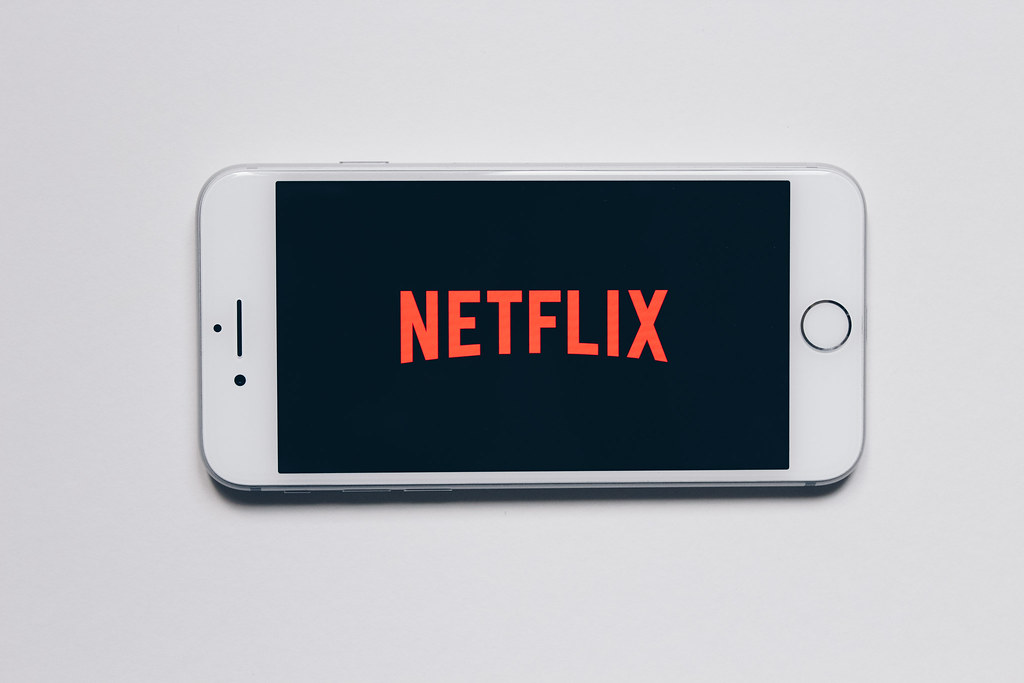

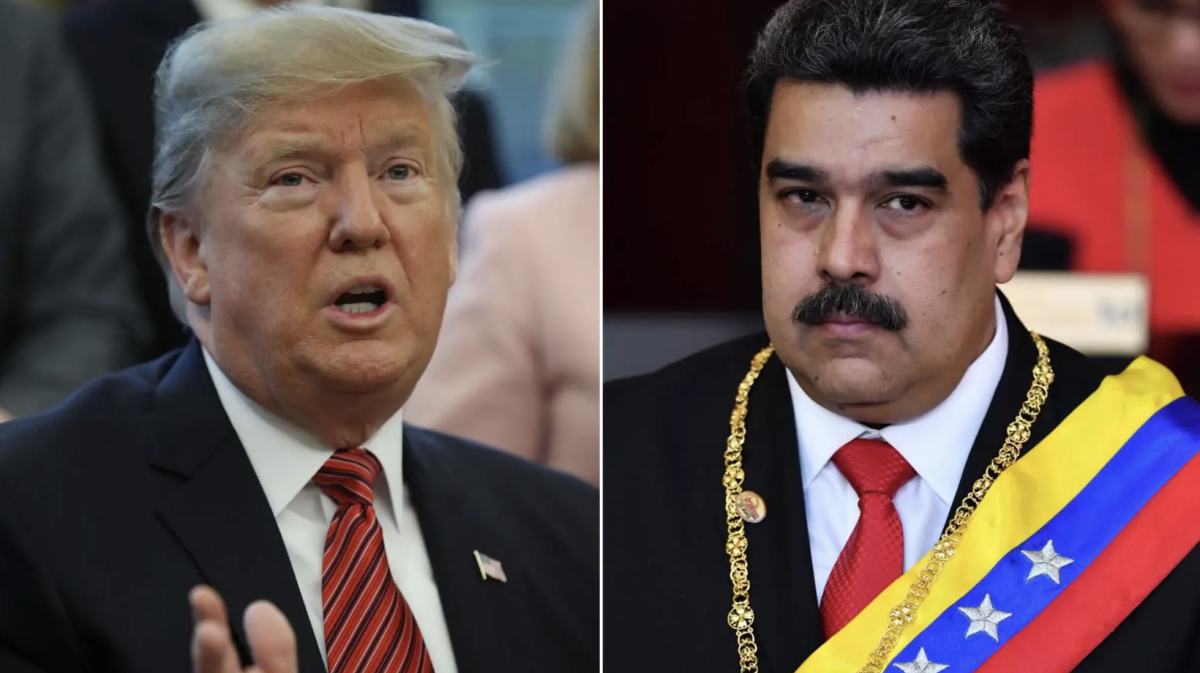

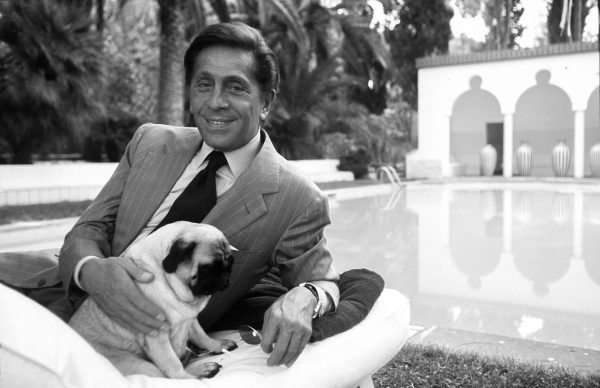






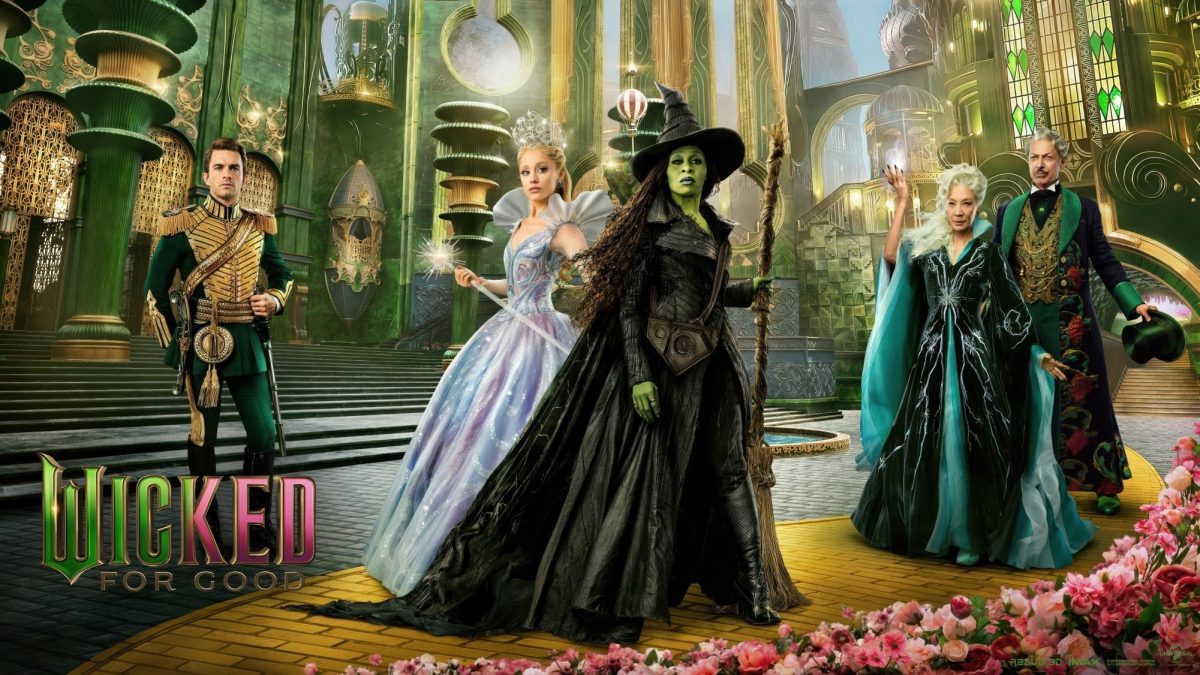



Upe • May 31, 2023 at 10:48 AM
I really liked the article as a whole, it was very insightful. I think about this often and appreciate the objectivity displayed here, even though I have a strong opinion on this topic. For example, I find it quite alarming that presidents and witnesses in courts swear in on the bible, even though the Constitution prohibits the government from establishing religion. This article gave me a larger perspective on the issue and some food for thought. Thank you!
Noah Kanda • May 31, 2023 at 10:46 AM
Thank you for an incredibly insightful article on religion and secularism in America in the current day and throughout history. I never knew about the long-spanning history of the phrase along with its ups and downs throughout history. I also really appreciate the flashback towards the time when America had just been founded, setting the context for the article really nicely.